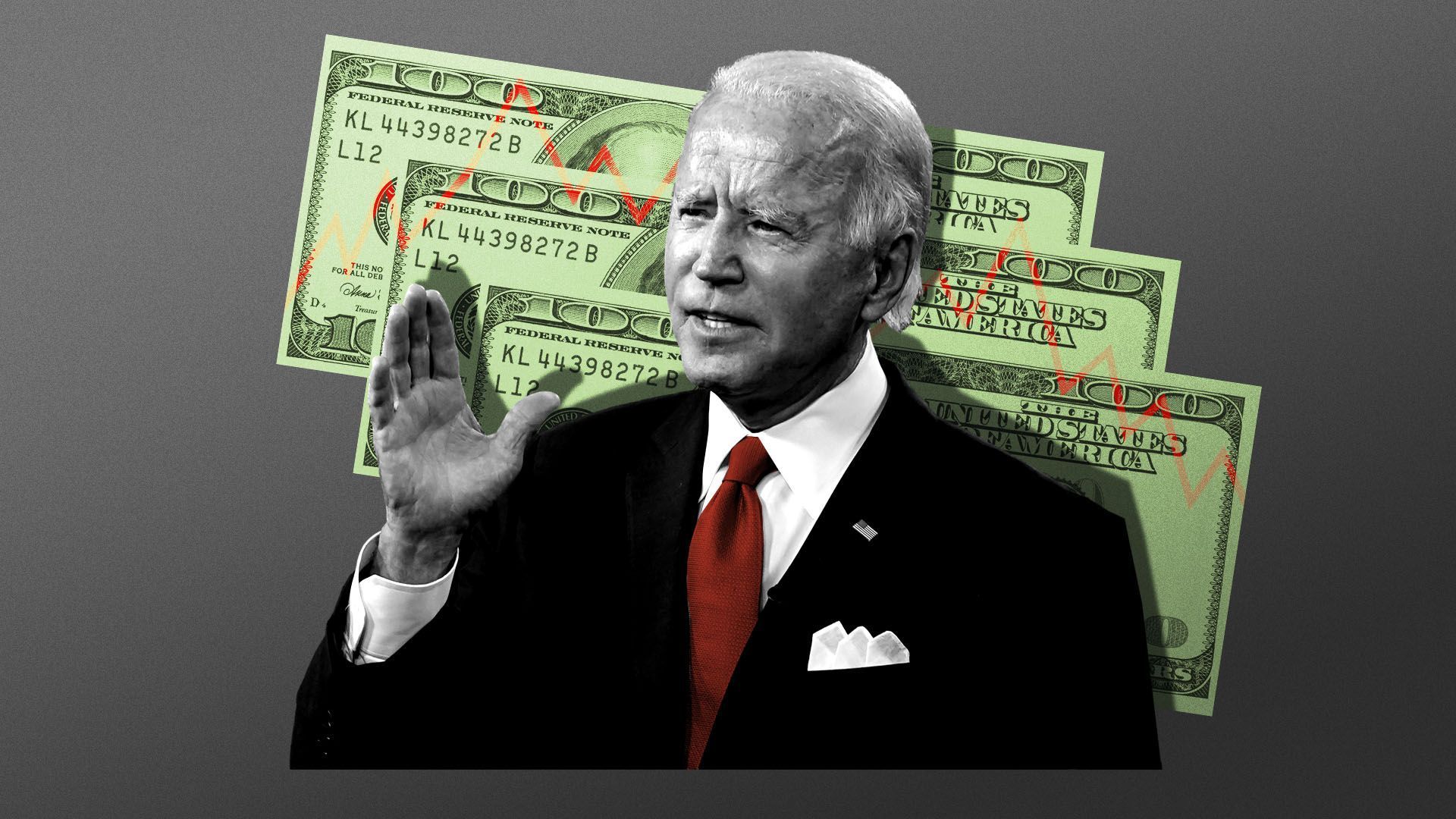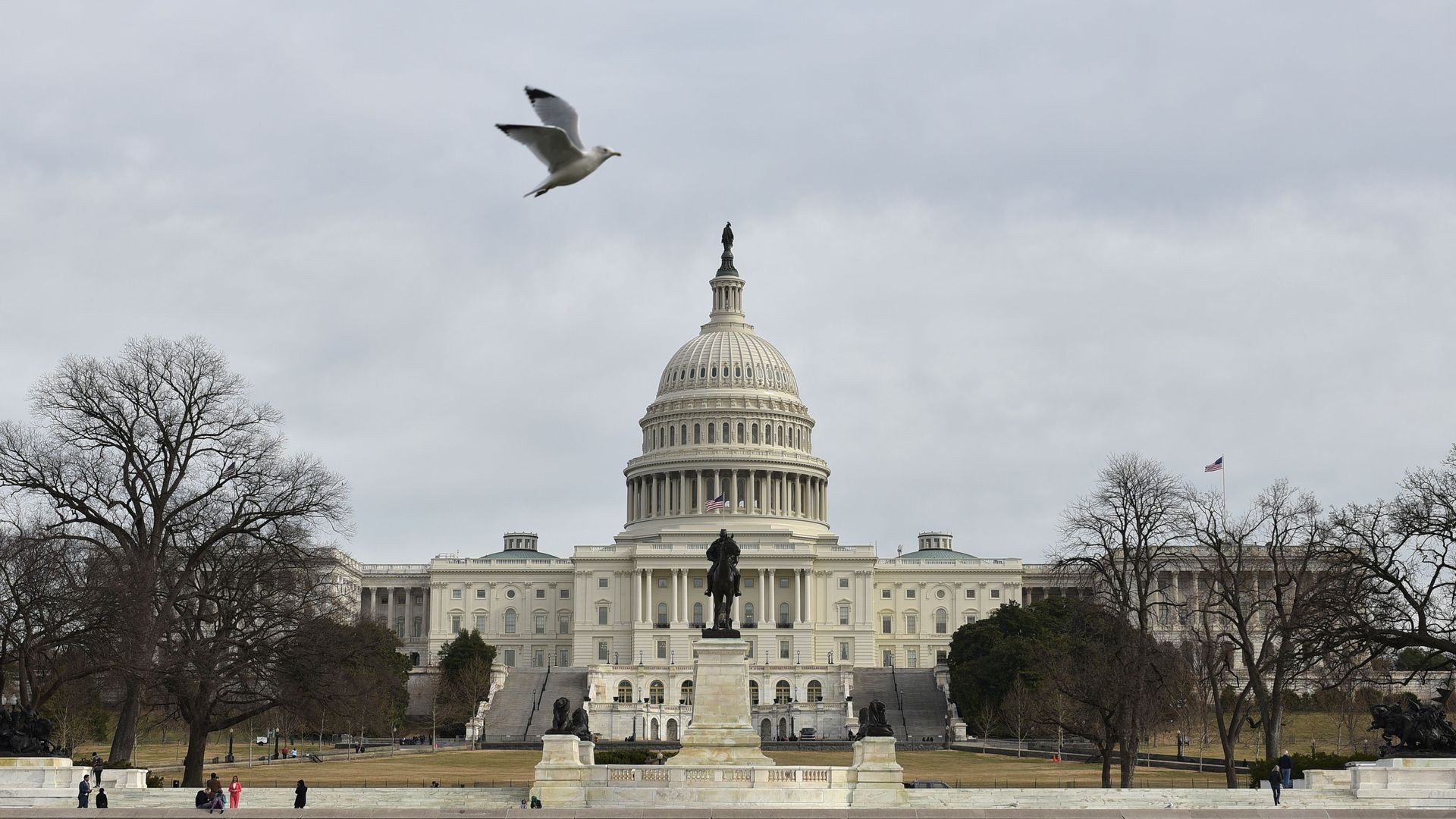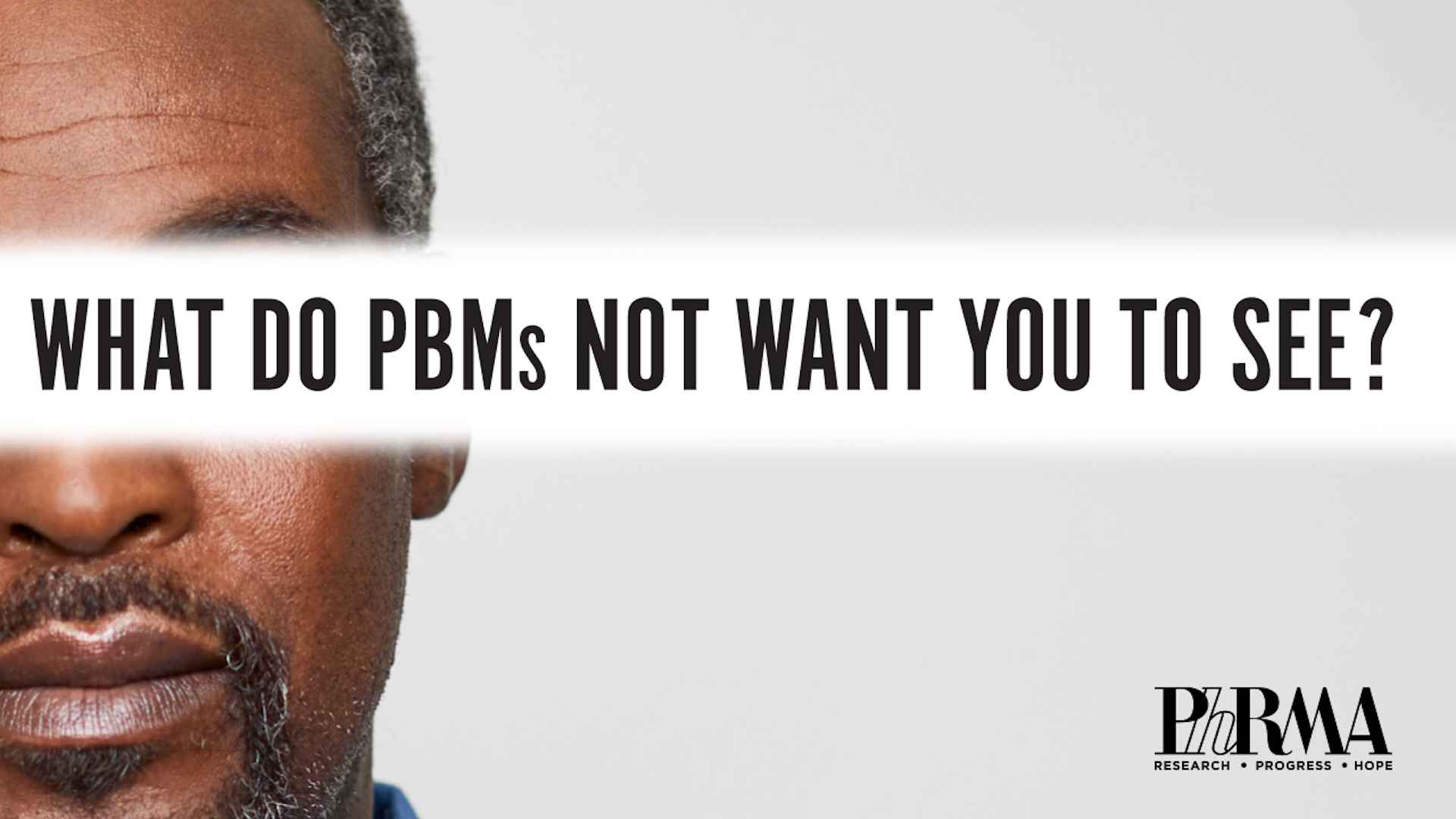| | | | | | | Presented By PhRMA | | | | Axios Vitals | | By Tina Reed · Mar 09, 2023 | | Good morning, Vitals readers. Today's newsletter is 1,138 words or a 4½-minute read. 💥 Axios is hosting our second annual What's Next Summit on March 29 in Washington, D.C., spotlighting the innovations, trends and people that are breaking boundaries and shaping our world. - Speakers include CVS Health CEO Karen S. Lynch. Register to livestream the event here.
| | | | | | 1 big thing: Biden's Medicare budget proposals may have some bite |  | | | Photo illustration: Sarah Grillo/Axios. Photo: Drew Angerer/Getty Images | | | | President Biden's push to let Medicare negotiate the prices of more drugs sooner after they come to market won't become law any time soon. But some experts say even raising the topic could scare off investment into new treatments, Axios' Caitlin Owens writes. Why it matters: The possibility of Medicare having even more negotiating power increases uncertainty around future returns on today's R&D, and some economists argue that may ultimately make some investments too risky. Driving the news: In a preview of the fiscal 2024 budget the administration is rolling out today, the White House on Tuesday released its plan for extending Medicare's solvency for another 25 years. - That includes allowing the program "to negotiate prices for more drugs and bringing drugs into negotiation sooner after they launch," although it doesn't offer any more detail.
Between the lines: Democrats were only a few votes shy of making the law stronger last year. It wouldn't be hard to see them passing an expansion along the lines of Biden's proposal if they keep the White House and win big enough majorities in Congress. What they're saying: "Investing in risky assets with long development times is all about expectations. Firms are trying to predict what the market will look like 7-10 years in advance," tweeted Craig Garthwaite, a health economist and Northwestern University professor. - "The ink isn't even dry on the price setting provisions of the IRA, yet the administration is doubling down on a bad policy that is already negatively impacting R&D decisions in cancer, mental health and rare diseases, among others," said Priscilla VanderVeer, vice president for public affairs at PhRMA.
Yes, but: Biden's proposal for expanded price negotiations shouldn't really surprise anyone, investors included. - "Investors have known that if Democrats have complete control ... they will increase the number of drugs subject to negotiations. However, that's not a threat for the next couple of years, at least," said Raymond James analyst Chris Meekins.
- When asked whether talk about expanding the law could disincentivize R&D investment today, Harvard professor Aaron Kesselheim responded with one word: "No."
|     | | | | | | 2. The robot will see you now |  | | | Illustration: Sarah Grillo/Axios | | | | The rise of AI in mental health care has providers and researchers increasingly concerned over whether glitchy algorithms, privacy gaps and other perils could outweigh the technology's promise and lead to dangerous patient outcomes, Axios' Sabrina Moreno writes. Driving the news: The fear is concentrated around whether the technology is beginning to cross a line and make clinical decisions, and what the Food and Drug Administration is doing to prevent safety risks to patients. - For instance, KoKo, a mental health nonprofit, recently used ChatGPT as a mental health counselor for about 4,000 people who weren't aware the answers were generated by AI, sparking criticism from ethicists.
- Other people are turning to ChatGPT as a personal therapist despite warnings from the platform saying it's not intended to be used for treatment.
What they're saying: "It's like the problem is so big, they don't even know how to get started on it and they don't even know what they should be doing," said Bradley Thompson, a lawyer at Epstein Becker Green specializing in FDA enforcement and AI. Read the rest. |     | | | | | | 3. Congress hit by health data breach |  | | | Photo: Mandel Ngan/AFP via Getty Images | | | | Hundreds of members of Congress and their staffs were hit by a data breach of health records of District of Columbia's health insurance marketplace. Driving the news: Both the FBI and U.S. Capitol Police are investigating the what happened at DC Health Link, the marketplace set up under the Affordable Care Act that offers coverage for Congress and designated staff through four health plans. The details: In a letter first reported by Punchbowl News, chief administrative officer Catherine Szpindor said the size and scope of the attack are not yet clear. - But, she said, it does not appear that lawmakers' personal information was specifically targeted in the attack.
- "Speaker McCarthy and Democratic Leader Jeffries have formally requested additional information from DC Health Link on what data was taken, who was impacted, and what steps they are taking to protect House victims of this breach," the letter said.
- DC Health Link officials in an emailed statement confirmed reports that data for some DC Health Link customers was exposed on a public forum.
- "We have initiated a comprehensive investigation and are working with forensic investigators and law enforcement," they said.
|     | | | | | | A message from PhRMA | | Insurers and PBMs don't pay full price for your medicines. So why do you? | | |  | | | | Insurers and pharmacy benefit managers (PBMs) get discounts on medicines. Surprised? These savings can reduce the cost of some brand medicines by 50% or more, but insurers and PBMs aren't required to share these savings with you. See what else they don't want you to know. | | | | | | 4. Health centers call for 340B changes |  | | | Illustration: Shoshana Gordon/Axios | | | | Community health centers are joining forces with drug manufacturers today to call for changes to the government's discount drug program and take aim at hospitals and pharmacy benefit managers they say are milking it, Axios' Arielle Dreher writes. Why it matters: The health centers' involvement could amplify PhRMA's messaging with Congress by arguing they need an intervention soon to keep clinic doors open. - "It's in the name of these communities that we have put aside differences and come together to improve the 340B program," Rachel Gonzales-Hanson, interim CEO of the National Association of Community Health Centers, said in a news release.
The background: The two trade groups called out "large, well-resourced hospitals" for taking advantage of 340B, which requires manufacturers to sell drugs at a discount to qualifying hospitals and clinics. - Community health centers were among the providers who criticized pharmaceutical companies for restricting when providers can use 340B discounts at contract pharmacies, Axios' Maya Goldman reported in December.
|     | | | | | | 5. Medical tourism in spotlight after kidnappings | | Medical tourism is in the spotlight this week after news that four Americans who were kidnapped in Mexico were traveling there for a medical procedure. Two were later found dead. The big picture: Mexico is one of the most common destinations for Americans traveling out of the country for medical and dental procedures, often in a bid to find more affordable treatments. - "Some of it is a desperate search for access," Felicia Marie Knaul, director of the Institute for Advanced Study of the Americas at the University of Miami, told the New York Times.
Zoom in: Dental care, surgery, cosmetic surgery, fertility treatments, organ and tissue transplantation and cancer treatment are the most common reasons for medical travel, the Centers for Disease Control and Prevention says. - "North American patients travel to Mexico for care primarily to save 50–70% over what they would pay in the United States for an elective treatment," Josef Woodman, CEO of Patients Beyond Borders, told NPR.
Yes, but: The CDC warns traveling for care can come with increased risks for infection, can be hampered by communication challenges and often lacks continuity of care that comes with having a doctor nearby during recovery. It is also largely unregulated, experts say. - "There are really very few rules," David G. Vequist IV, director of the Center for Medical Tourism Research and a professor at the University of the Incarnate Word in San Antonio, Texas, told the Times.
|     | | | | | | 6. Catch up quick | | 👉 Health care oversight rule changes create legal risks for U.S. employers. (Bloomberg) 💰 Pfizer CEO Albert Bourla maxed out campaign contributions to Dr. Oz ahead of midterm elections. (STAT) |     | | | | | | A message from PhRMA | | Insurers and PBMs don't pay full price for your medicines. So why do you? | | |  | | | | Insurers and pharmacy benefit managers (PBMs) get discounts on medicines. Surprised? These savings can reduce the cost of some brand medicines by 50% or more, but insurers and PBMs aren't required to share these savings with you. See what else they don't want you to know. | | | | Editor's note: The first item in yesterday's newsletter was updated to correct the spelling of Caroline Hofmann's name. Did someone forward this email? Subscribe here. Thanks for reading, and thanks to senior editor Adriel Bettelheim and senior copy editor Bryan McBournie for the edits. |  | | Dive deeper into the future of health care | | | | | | Axios thanks our partners for supporting our newsletters.
Sponsorship has no influence on editorial content. Axios, 3100 Clarendon Blvd, Arlington VA 22201 | | | You received this email because you signed up for newsletters from Axios.
To stop receiving this newsletter, unsubscribe or manage your email preferences. | | | Was this email forwarded to you?
Sign up now to get Axios in your inbox. | | | | Follow Axios on social media:    | | | | | |
No comments